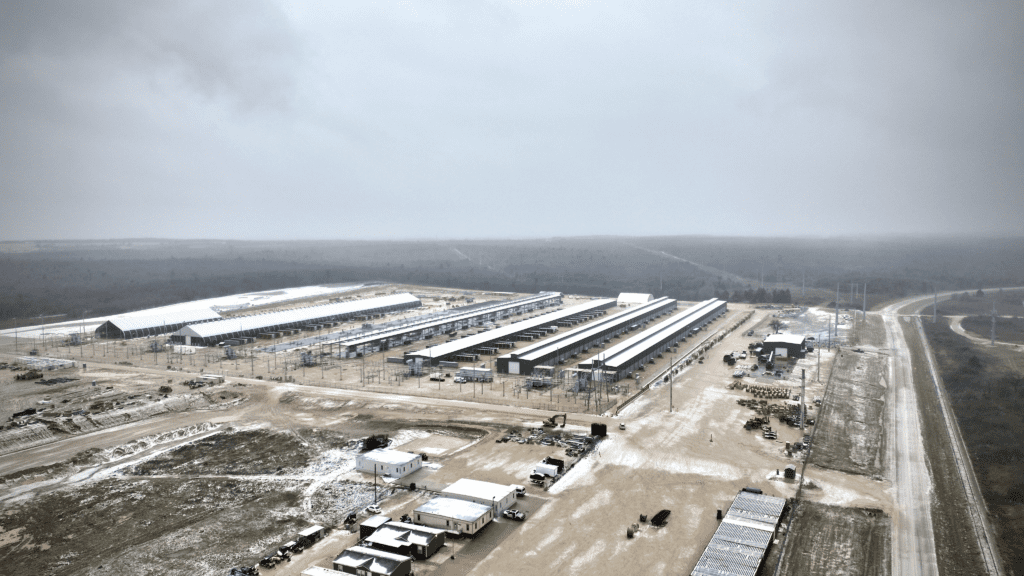Key Points:
- The Texas Senate enacted legislation that limits the amount of time Bitcoin miners may engage in demand response programs.
- The law proposes to restrict Bitcoin miners’ participation in demand response systems to 10% and eliminate industry tax breaks.
- If it is passed, Texas Governor Greg Abbott must sign it into law.
The Texas Senate has adopted a measure aiming at considerably enhancing incentives for crypto miners working in a favorable regulatory environment.

The law would restrict Bitcoin (BTC) miners’ participation in demand response programs – in which they are rewarded in credits to switch down their operations when the electricity grid experiences a spike in demand – to 10% and eliminate industry tax breaks.
On April 12, legislators in the 88th legislative session approved Senate Bill 1751, legislation that would change portions of the state’s utilities and tax laws to include limits for crypto mining corporations, by a 30-1 vote on the floor of the Texas State Senate.
The measure will next be forwarded to the Texas House of Representatives, which is set to convene and consider legislation on April 13, but it is unknown if legislators will handle SB 1751 at that time. Texas Governor Greg Abbott will be able to sign the measure into law if it passes the House.

The measure went ahead in the state government for the first time in more than a week when the Texas Senate Committee on Business and Commerce cleared it on April 4.
The House vote is anticipated to be more acrimonious, partly because Bitcoin miners have increased their opposition to the plan. On Monday, three lobbying organizations, including the Texas Blockchain Council, the Chamber of Digital Commerce, and the Satoshi Action Fund, started a campaign against the law, calling it anticompetitive.
Bill SB 1751 is expected to fail in the House because public sentiment in the House is much more aligned with the good sides and advantages of Bitcoin mining, according to Fred Thiel, CEO of bitcoin mining business Marathon Digital Holdings (MARA), which has operations in the state.
Crypto advocacy organizations such as the Chamber of Digital Commerce and the Satoshi Action Fund have given SB 1751 national attention. The groups have asked Texas people to contact their local lawmakers to express their opposition to the measure, but they also intend to assemble crypto-mining supporters on April 25 at the Texas State Capitol.
Members and supporters of the mining industry say that the miners’ ability to turn on and off electricity is beneficial to the Texas grid. When there is a low demand for electricity, miners may finance energy-producing capacity and switch it off when the rest of the system needs power.
Texas is a great location for Bitcoin mining, with Core Scientific, Riot Platforms, White Rock Management, and Argo Blockchain all operating mining operations there.
DISCLAIMER: The Information on this website is provided as general market commentary and does not constitute investment advice. We encourage you to do your own research before investing.
Join us to keep track of news: https://linktr.ee/coincu
Harold
Coincu News





















